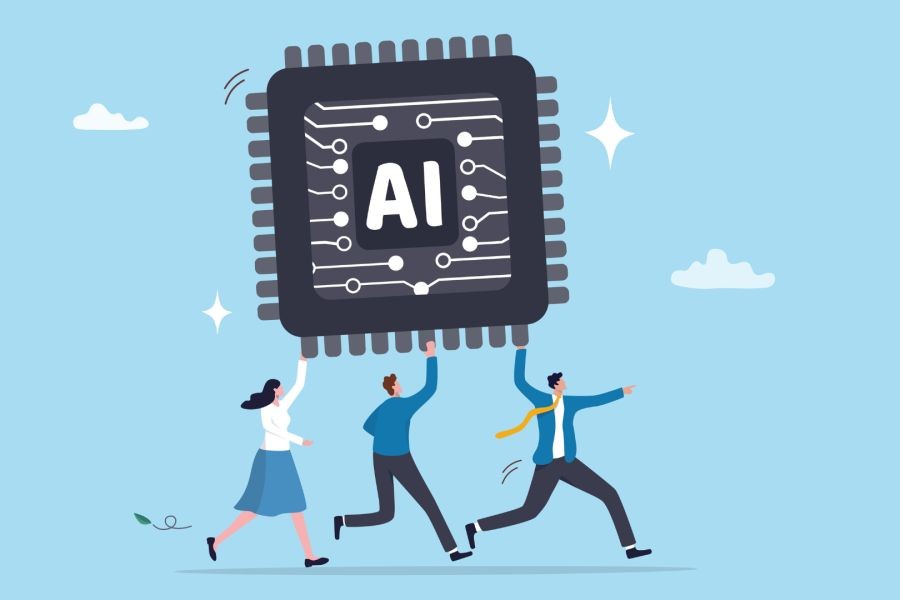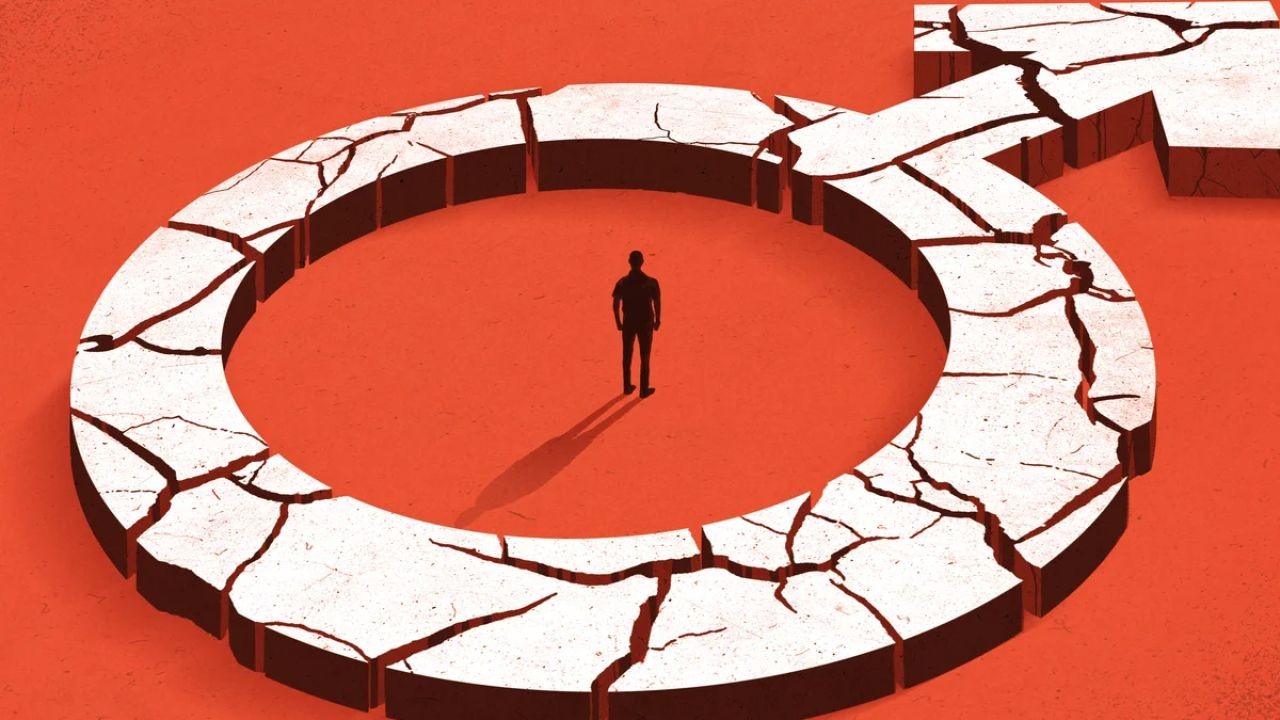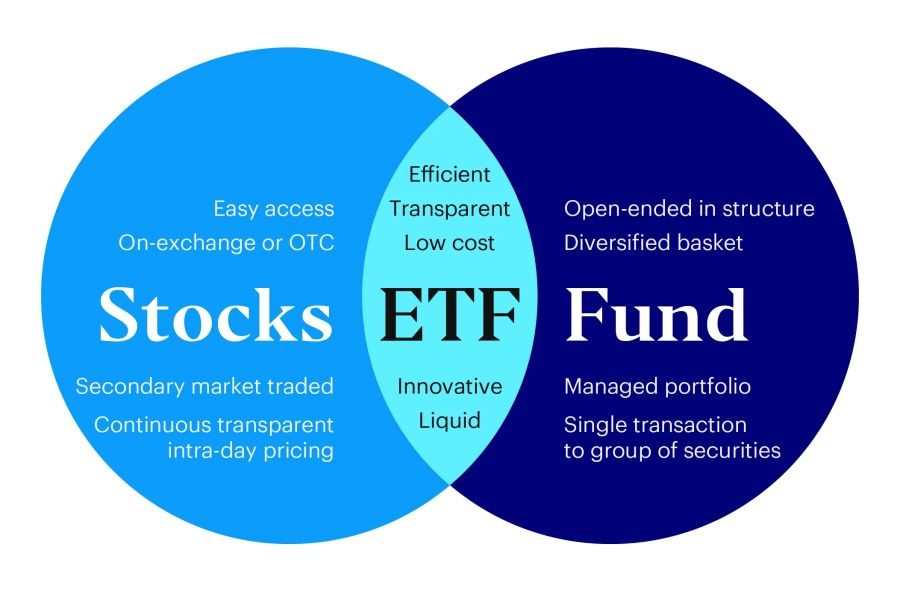Australia's crime landscape is as complex as it is diverse. Organised crime and small-scale crime each leave distinct imprints on the nation's economy and society. As a financial advisor, understanding these impacts is crucial for strategic planning and risk management. This article delves deep into the fabric of Australian crime, comparing the broader economic effects of organised crime with those of small-scale crime while providing insights into how these issues influence financial and business landscapes.
The Economic Impact of Organised Crime
Organised crime in Australia encompasses a wide range of illicit activities, including drug trafficking, cybercrime, and money laundering. According to the Australian Criminal Intelligence Commission (ACIC), organised crime costs the nation approximately AUD 36 billion annually. This staggering figure highlights the significant economic burden these activities place on both public and private sectors.
The Role of Drug Trafficking
Drug trafficking remains one of the most lucrative activities for organised crime groups. The Australian Institute of Criminology notes that the illicit drug market in Australia is valued at around AUD 11.3 billion. This market not only fuels violence and corruption but also strains healthcare systems and law enforcement resources.
Cybercrime and Financial Fraud
Cybercrime is another growing threat, with organised groups targeting financial institutions and consumers alike. The Australian Cyber Security Centre reported that cybercrime costs the Australian economy up to AUD 29 billion annually. These activities not only result in financial loss but also erode consumer trust and require significant investment in cybersecurity measures.
The Reach of Small-Scale Crime
While small-scale crime might not match the financial scale of organised crime, its cumulative impact is significant. Crimes such as burglary, theft, and vandalism affect businesses and individuals, leading to increased costs and resource allocation for prevention and recovery.
Impact on Small Businesses
Small businesses, often with limited resources, bear the brunt of small-scale crimes. According to the Australian Bureau of Statistics, theft and property damage cost Australian businesses over AUD 1.5 billion annually. This financial strain can lead to increased insurance premiums and security costs, ultimately affecting profitability.
Community and Social Costs
Small-scale crime also incurs social costs, such as reduced quality of life and increased fear within communities. The ripple effects can dampen local economic activities, reduce property values, and necessitate more public spending on law enforcement and community safety programs.
Case Study: Organised Crime in the Australian Drug Market
Problem: Organised crime syndicates have long dominated Australia's drug market, leading to significant societal and economic challenges.
Action: The Australian Federal Police, in collaboration with international agencies, launched Operation Ironside, targeting high-level traffickers using encrypted communication platforms.
Result: The operation dismantled major drug rings, resulting in over 800 arrests and the seizure of 6.3 tonnes of illicit drugs, significantly disrupting the supply chain.
Takeaway: Strategic, collaborative efforts can effectively combat organised crime, reducing its economic and social impacts. Businesses can use similar collaborative approaches to mitigate risks associated with organised crime, such as enhancing cybersecurity measures and working with law enforcement.
Case Study: Small-Scale Crime's Impact on Retail Businesses
Problem: A Melbourne-based retail chain faced frequent theft and vandalism, impacting profitability and employee morale.
Action: The business invested in advanced surveillance technology and employee training programs focused on crime prevention.
Result: Theft incidents decreased by 45% within a year, while employee satisfaction and customer trust improved significantly.
Takeaway: Proactive measures and investments in security technologies can mitigate the effects of small-scale crime, enhancing business resilience and community trust.
Regulatory Insights and Combating Crime in Australia
The Australian government has implemented robust regulatory frameworks to combat both organised and small-scale crime. The Australian Competition & Consumer Commission (ACCC) and Australian Prudential Regulation Authority (APRA) play critical roles in maintaining market integrity and protecting consumers.
The ACCC actively monitors and regulates anti-competitive behavior, ensuring that organised crime does not infiltrate legitimate business operations. Meanwhile, APRA's focus on financial institutions helps prevent money laundering and other financial crimes by enforcing stringent compliance requirements.
Future Trends and Predictions
Looking ahead, the digital transformation and technological advancements will continue to reshape the crime landscape in Australia. Cybercrime is expected to increase, with organised groups exploiting new vulnerabilities in financial systems. The focus on enhancing cybersecurity infrastructure and regulatory frameworks will be critical. By 2028, at least 60% of Australian businesses are anticipated to adopt advanced cybersecurity measures, driven by regulatory requirements and the need to protect consumer data.
Common Myths & Mistakes
Myth: "Organised crime is only a problem for large corporations."
Reality: Organised crime impacts businesses of all sizes, with smaller enterprises often being more vulnerable due to limited resources for prevention and recovery.
Myth: "Small-scale crime is insignificant and doesn't affect the economy."
Reality: Cumulatively, small-scale crimes cost Australian businesses billions annually in losses and prevention costs, significantly impacting local economies.
Myth: "Cybersecurity is an IT department concern only."
Reality: Cybersecurity is a critical business issue that requires a comprehensive, organisation-wide approach to protect assets and maintain consumer trust.
Biggest Mistakes to Avoid
- Underestimating Organised Crime: Businesses often fail to recognise the scope of organised crime. Engaging with law enforcement and industry bodies can provide insights and resources for better protection.
- Neglecting Cybersecurity: A 2024 report from the Australian Cyber Security Centre revealed that 70% of businesses do not have adequate cybersecurity measures, exposing them to significant risks.
- Ignoring Community Engagement: Businesses that do not engage with their local communities may miss opportunities to build trust and deter small-scale crime through collaborative efforts.
Conclusion
In conclusion, both organised and small-scale crime significantly impact Australia's economy, yet they do so in different ways. Organised crime poses large-scale financial threats and demands rigorous regulatory responses, while small-scale crime affects businesses at the community level, requiring proactive security measures and community engagement.
Financial advisors and business leaders must remain vigilant, adapting strategies to mitigate these risks. By investing in cybersecurity, working with regulatory bodies, and fostering community relations, businesses can safeguard their assets and contribute to a safer economic environment.
What strategies have your business implemented to combat crime? Share your insights and join the discussion on LinkedIn or local business forums.
People Also Ask (FAQ)
- How does organised crime impact businesses in Australia? Organised crime increases operational costs through theft, fraud, and cybersecurity breaches, affecting profitability and consumer trust.
- What are the biggest misconceptions about small-scale crime? Many believe small-scale crime is isolated and minor; however, its cumulative economic impact is substantial, affecting local businesses and economies significantly.
- What upcoming changes in Australia could affect crime trends? Advances in technology and cybersecurity regulations are expected to change how businesses approach crime prevention, with increased emphasis on digital security.
Related Search Queries
- Organised crime in Australia 2023
- Impact of small-scale crime on businesses
- Australian cybersecurity trends 2024
- Crime prevention strategies for small businesses
- Role of APRA in combating financial crime
- Future of organised crime in Australia
- Economic costs of crime in Australia
- Community engagement in crime prevention
- How does cybercrime affect the Australian economy?
- Case studies on crime impact in Australia

































Dr Christina Asare
5 days ago